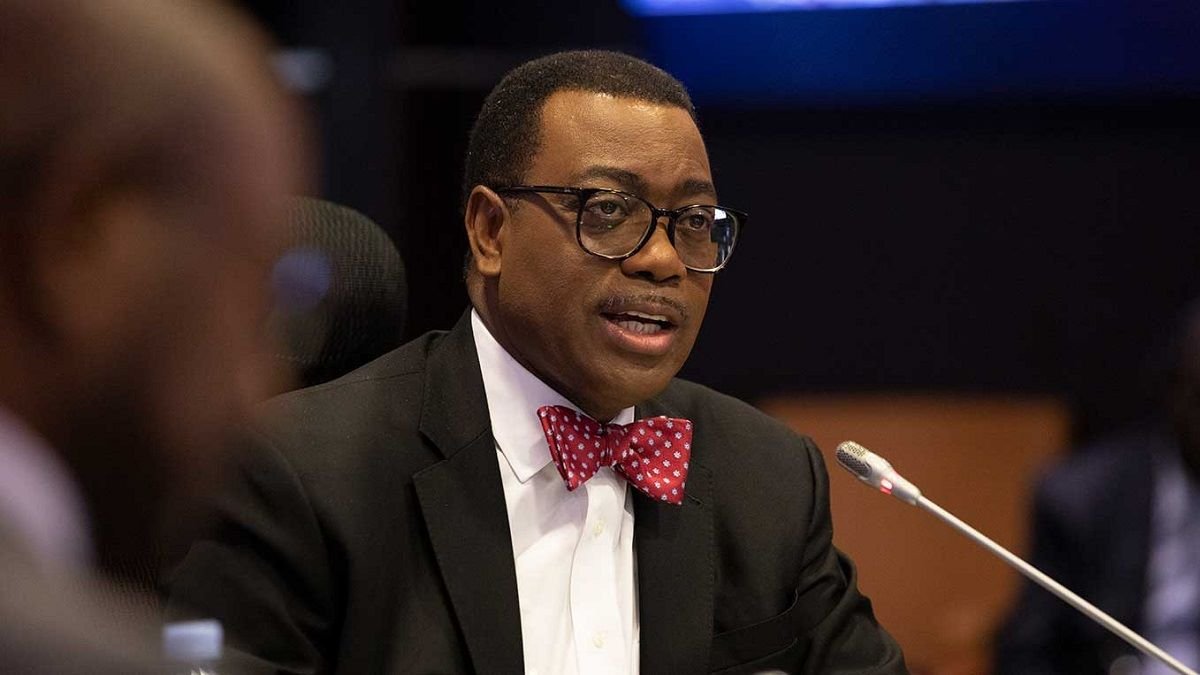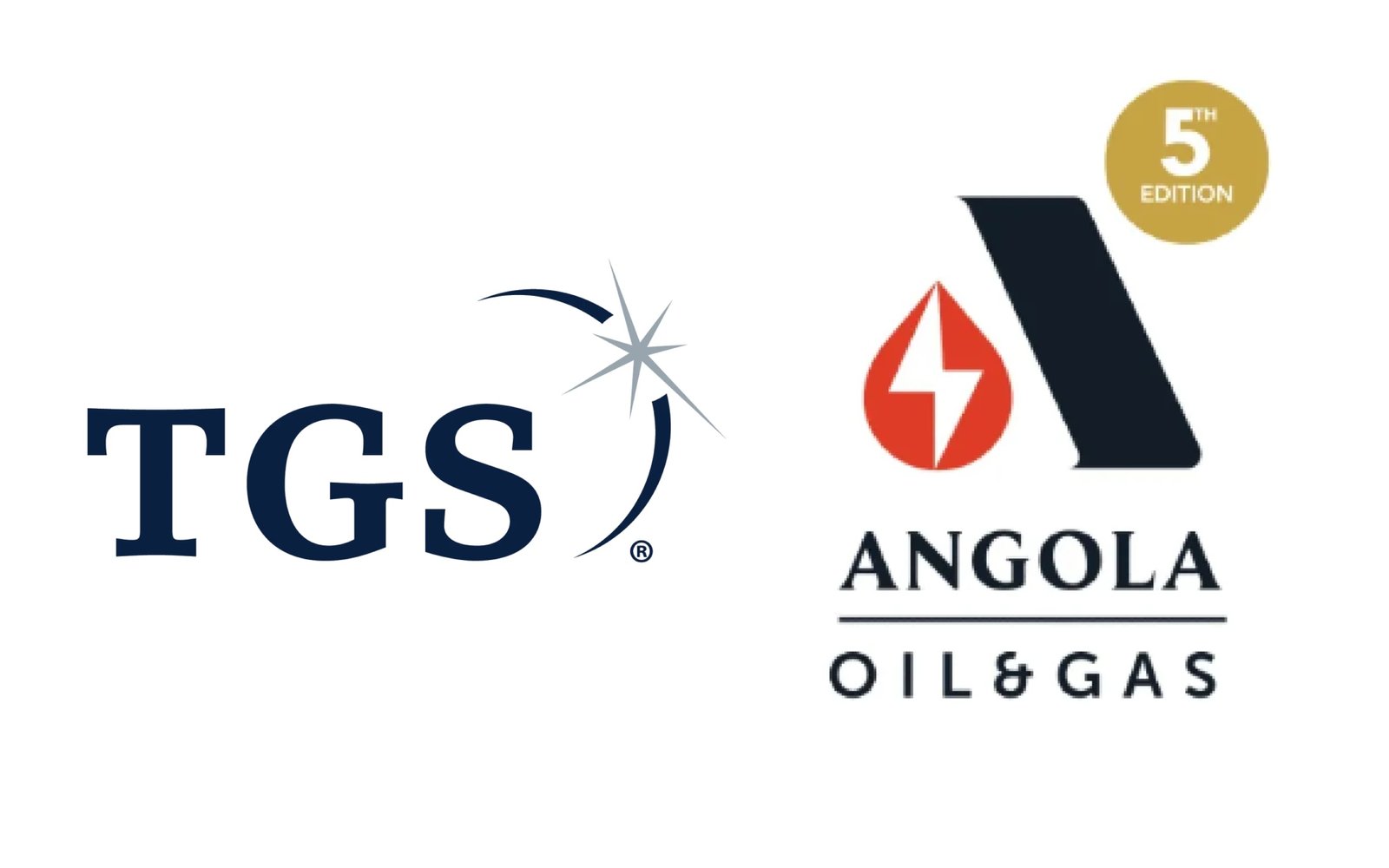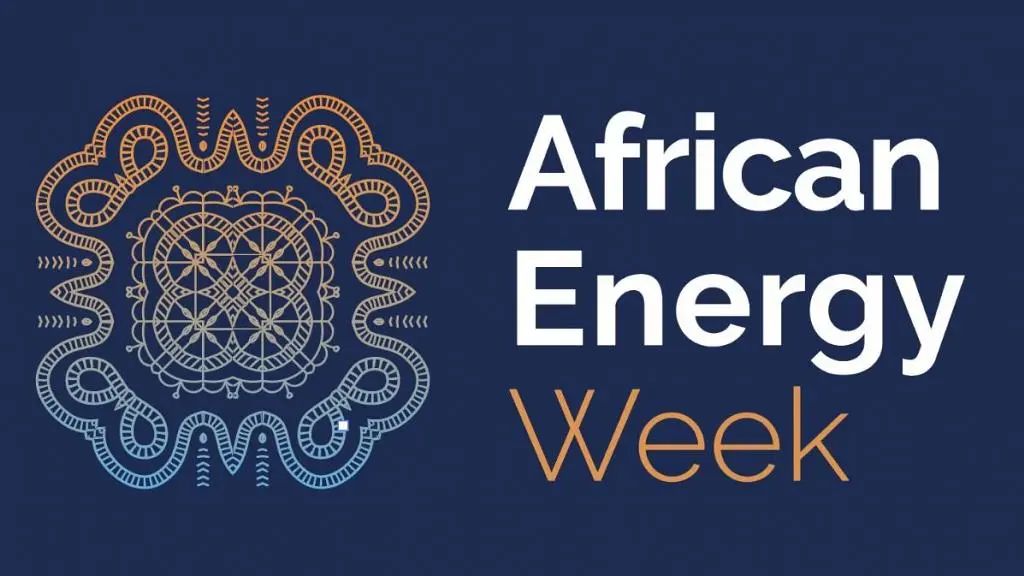By Victoria Ibezim-Ohaeri
SPACES FOR CHANGE | S4C, with support from the Ford Foundation, has shared its investigative report:
NATURAL RESOURCE AND BENEFIT-SHARING NEGOTIATIONS BETWEEN HOST COMMUNITIES AND EXTRACTIVE COMPANIES: A CASE STUDY OF ASSA NORTH AND OHAJI SOUTH [ANOH] GAS DEVELOPMENT PROJECT. This report is based on the findings of fact-finding missions and townhalls convened by a team of in-house and external researchers at SPACES FOR CHANGE | S4C in thirteen (13) local communities in Ohaji/Egbema Local Government Area of Imo State, which are hosts to the companies involved in the ANOH project and other extractive activities in the area. (DOWNLOAD FULL REPORT & EXECUTIVE SUMMARY)
This research proceeds upon the premise that communities have a right to benefit from the immense wealth derived from natural resource extractions. As experience from other resource-rich locales has shown, large-scale extractive investments of this nature often fail to translate into long-term sustainable development for the host communities if not managed properly. One major factor aggravating the situation is the power asymmetry characterizing the relationship between extractive companies and host communities, which disempowers the latter from participating meaningfully and benefitting from these investments. This project represents a bold attempt to change the lopsided power dynamics between companies and communities, to ensure that the negotiation of the costs and benefits follow a process that meets the criteria for community participation, consultation, and free, prior, and informed consent.
Summary of observations
1. EMERGING GOOD PRACTICE: Shell Petroleum Development Company (SPDC] and Seplat Petroleum recognizes that stakeholder engagement and community development are crucial to the achievement of a stable climate for extractive activities. The concept of ‘participatory partnership’ reflects their acknowledgment of the mutual benefits arising from community participation, cultural preservation environmental sustainability as well as the maintenance of cordial relationships between host communities and extractive companies.
2. INSUFFICIENTLY-NEGOTIATED LAND COMPENSATION: There are significant deficits in the companies’ handling of important issues around land, resettlement, compensation, and livelihoods in the community. Insufficiently negotiated compensation paid for the ‘unknown’ size of land grants is a major source of local discontent in the host communities. Fears about the imminent loss of farmlands and displacement from their ancestral lands are widespread, fueling anger and resistance. Women are rarely part of the conversations around land acquisition, compensation, negotiations, and membership of the constituted committees.
3. NON-DISCLOSURE OF CRITICAL INFORMATION: Technical knowledge of oil and gas development, processing, transmission, and especially the environmental impacts, is low within communities, meaning that local stakeholders may indeed attend meetings convened by extractive companies, without understanding what is being discussed. Limited access to information and the absence of third-party supervision and legal representation shaped communities’ capacities during the negotiation of benefits encoded in the GMOUs.
4. PARALLEL STRUCTURES OF COMMUNITY ENGAGEMENT CAUSING TENSION: One major factor fueling tension in the host communities is the parallel structures of community engagement created by the extractive companies such as the CEMB, CDCs, CDBs. These oil company mechanisms discounted the preexisting leadership structures or the traditional modes of community engagement such as the Eze stool, Eze’s cabinet, town unions, traditional prime ministers. In essence, the new mechanisms are polarizing communities, deflating community bonds, and fueling restiveness.
5. COMPANIES UNILATERALLY DRAFTED THE GMOUs: The GMOUs are drafted and presented to communities to sign without their input or the opportunity to seek expert guidance before signing. This means that in spite of companies’ good intentions, the negotiation of the benefits did not follow a process that meets the criteria for community participation, consultation, and free, prior, and informed consent.
6. COMPANY SPENDING ON COMMUNITIES UNMONITORED FOR PERFORMANCE: There is no independent verification and monitoring of extractive companies’ spending on capital and non-capital projects in local communities. Effective enforcement and monitoring of GMOUs are needed to ensure the reported pay-outs to host communities match actual development on the ground.
7. EXTRACTIVE OPERATIONS DEVASTATING THE LOCAL ENVIRONMENT: Recent fire explosions, leaks, and spills in ANOH project host communities provide evidence of environmental bad practices in the locales of new oil finds in Imo State. Companies’ robust commitment to sound environmental principles and best practices publicized on their websites has not been followed. ANOH operators are also unwilling to provide the information needed to independently verify corporate claims of environmental excellence.
8. WEAK REGULATORY AND ENFORCEMENT MECHANISMS: Government’s regulatory and enforcement mechanisms, especially ANOH as regards environmental compliance and land compensation, are weak and ineffective. This is partly because the government is an active player and a regulator in the project, resulting in a conflict-of-interest situation. The low environmental compliance records of the extractive companies operating in Ohaji/Egbema LGA can wreak havoc on the local environment if the destruction of farmlands, aquatic life, and traditional livelihoods continues.
Major recommendations
The report specifically recommended that the Governments {both federal and state} and/or their agencies and ministries set the legal framework for information disclosure, community consultation, and engagement processes in large-scale infrastructure projects.
It also recommended that Benefit-sharing agreements or GMOUs executed between extractive companies and the communities must be accompanied by community access to sound legal representation, independent legal advice, and bargaining processes that are representative, inclusive, and perceived as fair. Companies must also periodically review and ensure full implementation of their obligations set out in the agreements entered into with local communities.
The report further recommended that Host communities must seek expert guidance, including collaboration with civil society organizations, during the negotiation of benefit-sharing agreements with extractive companies and demand inclusion, information disclosure, full implementation of commitments in signed agreements, and fair compensation for land acquisitions and environmental damage.
– Victoria Ibezim-Ohaeri is the Executive Director, SPACES FOR CHANGE, Lagos, Nigeria








